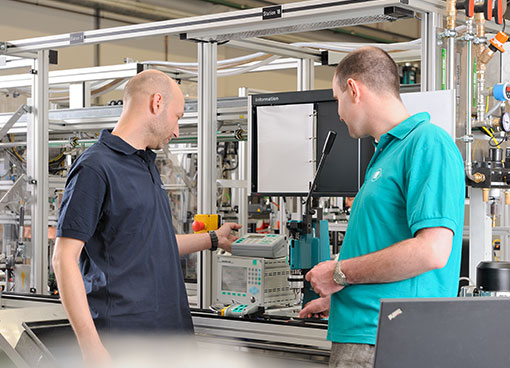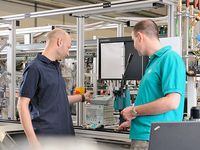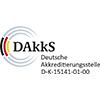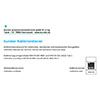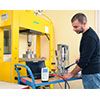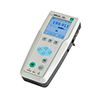Compensation on site Compensation on site of sensor together with amplifier
Benefit from a compensation in your premises to match your amplifier or signal conditioning electronics with your sensor and read off the value of the actual physical dimension or meet your own specific measurement requirements.
When we perform a compensation, you will get a measurement system, which you can use immediately for your measurements purposes.

